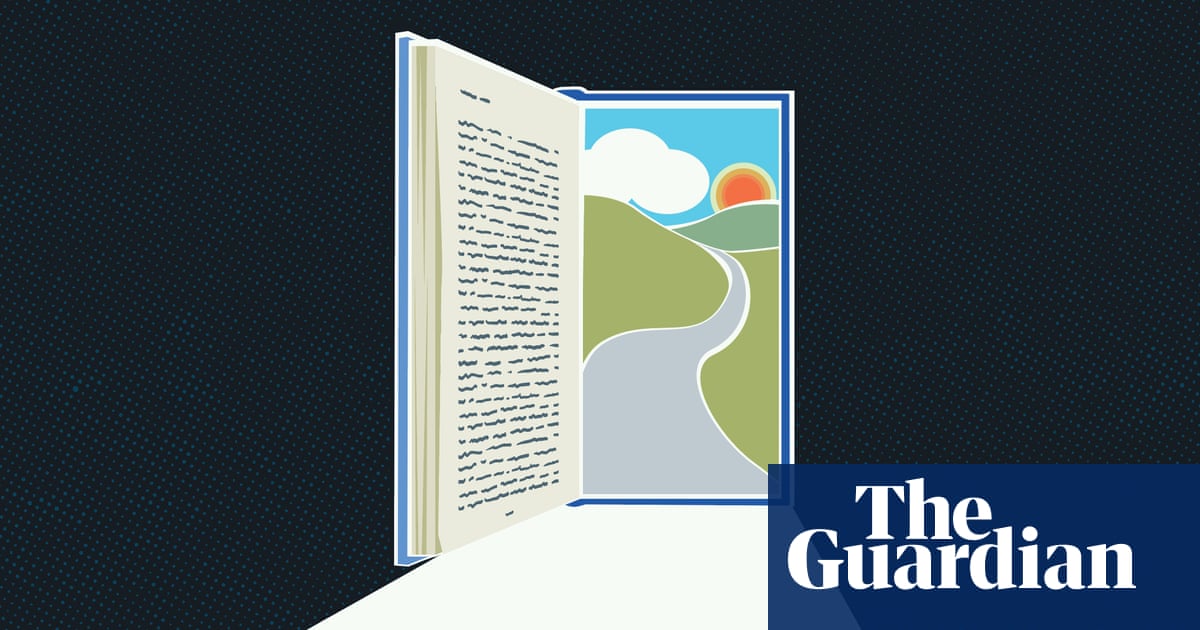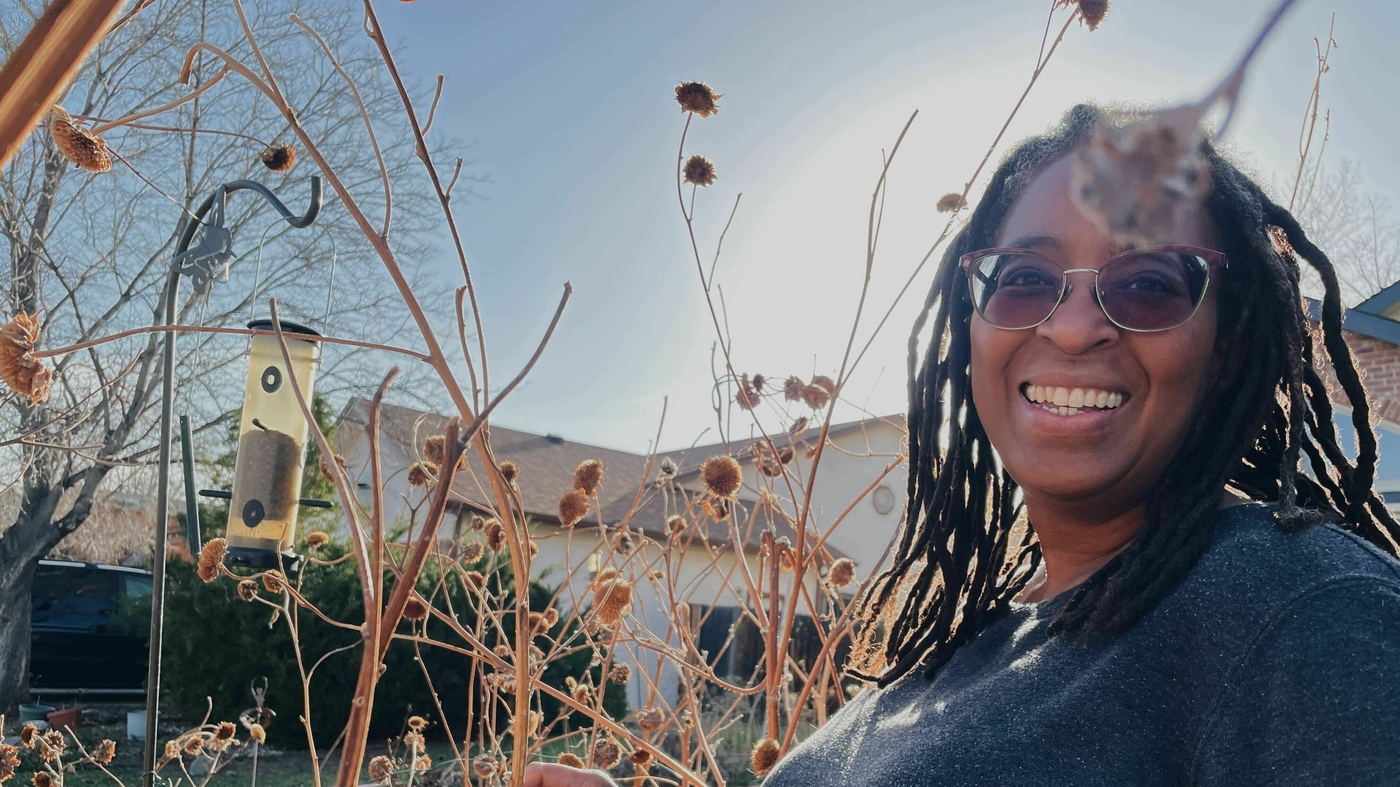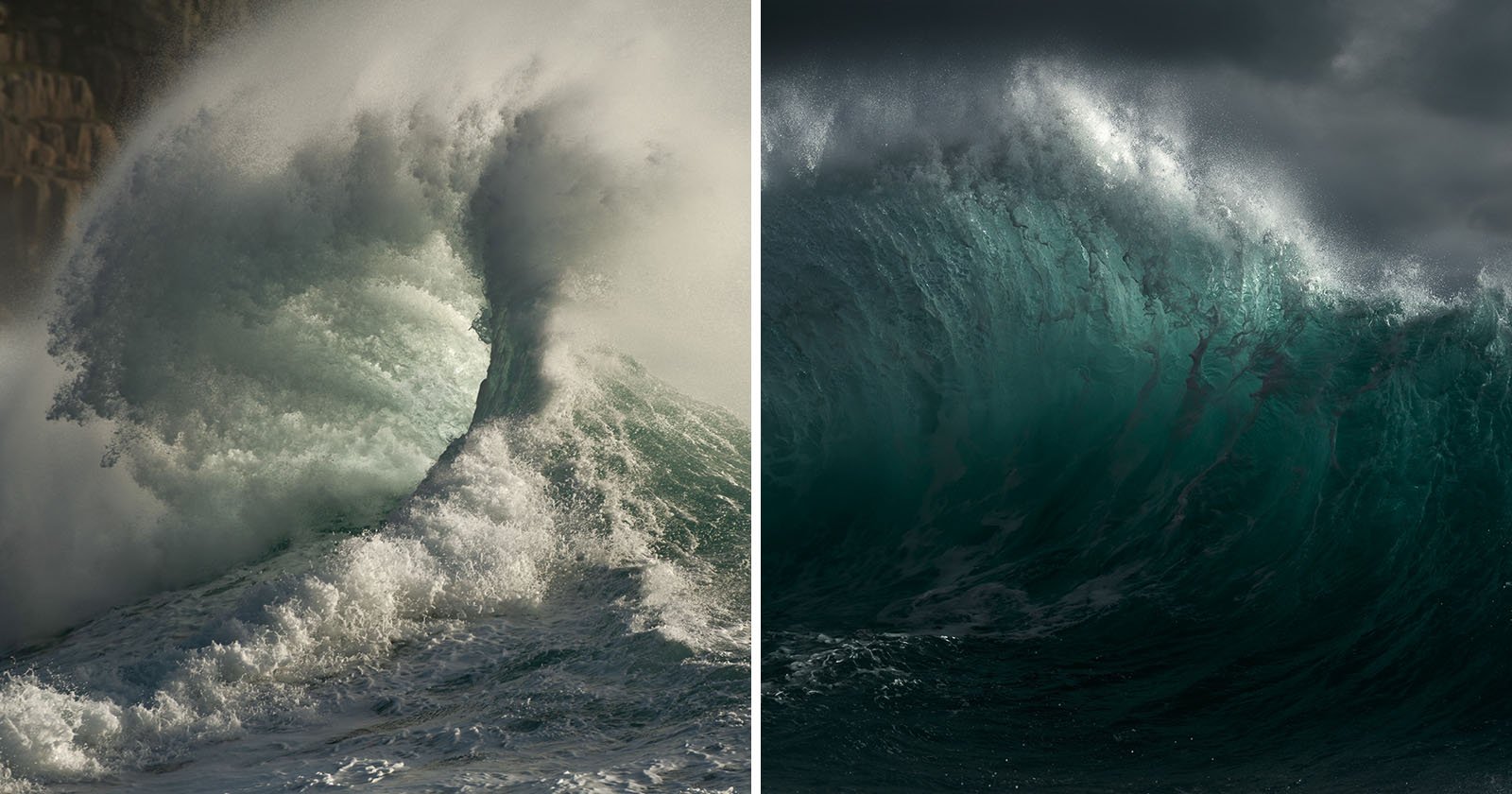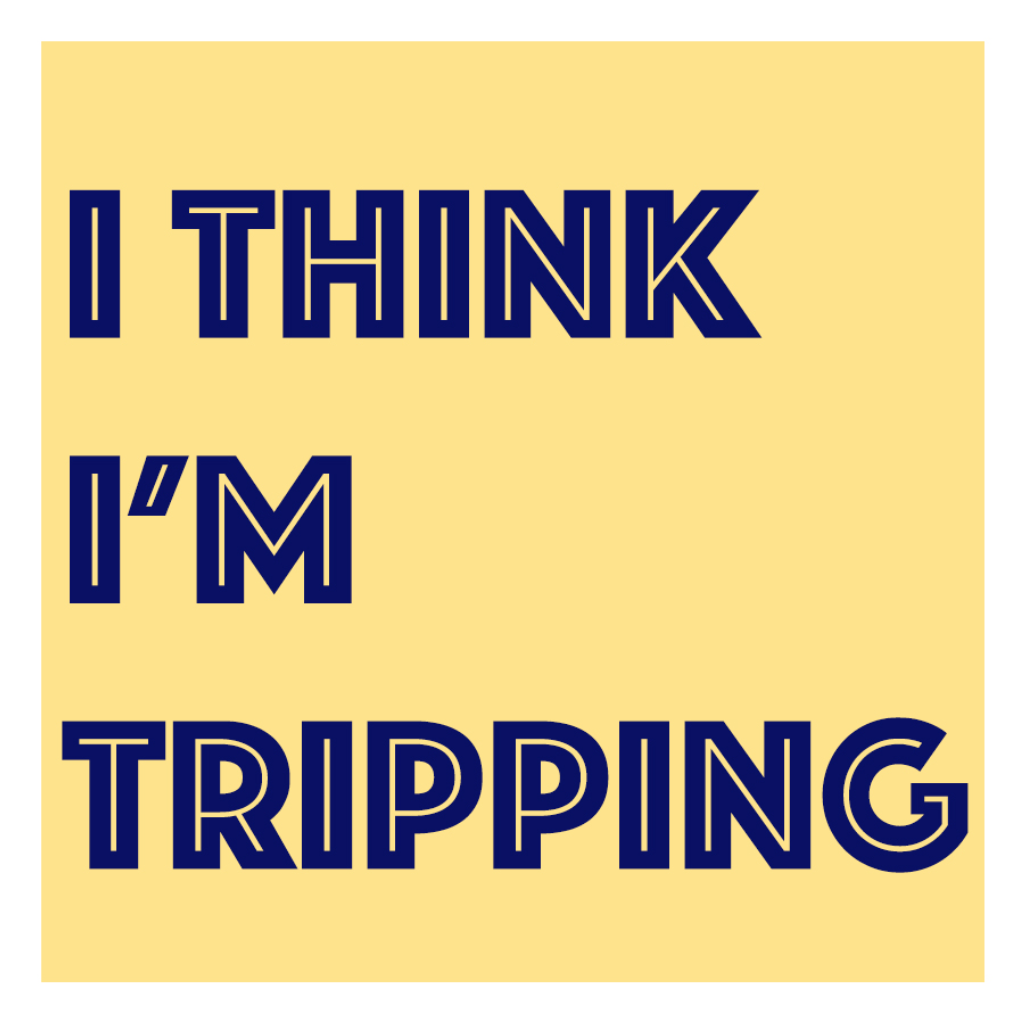029
“Songs are what we carry, even when we have nothing else”

FUTURE MUSIC
The recent documentary A Sort of Homecoming with U2's Bono and The Edge (and David Letterman of all people) is pretty extraordinary and poignant. Sure, you have to like U2 at least a little bit already and not be a Bono hater, of which there are many. But it goes well beyond fanboy worship to history, creativity, and friendship in rich and surprising ways.
I suppose it's reasonable to ask: how could a band that's been around for more than 40 years be related to the notion of 'future music'? Especially since even many of their fans don't think they've made any decent work in the last 20+.
It's not the songs of late, like them or not. It's how U2 was central to influencing Ireland's future at a pivotal time. Proving the power of the arts to literally reshape society, which is where Viaduct's editorial interest kicks in. As Bono says in the film:
"We're around as Ireland moves from black and white into color. The country was trying to identify itself. Who are we? Are we buying this myth we've been sold? Or are we going to be something more extraordinary?"
In Peter Harness' afterword to James Joyce's Dubliners, he describes the early 1900s city as portrayed in the short stories as stultifying, unfriendly, paralyzed and paralyzing. The increasingly decimated physical and psychological landscape of the 1970s, with the violence of the Troubles peaking, might be considered the beginning of the depleted death rattle of conservative Ireland, divided and worn down by conflict.
At a time when much music was about tearing things down, especially the 70s punk and post-punk impulses that U2 came from, U2 was trying to build things up through a new musical vocabulary that had a toughness for tough times, but was threaded through with positivity and sincerity and even a certain wistfulness. People forget how innovative they were, especially considering they were teens when they made Boy, their propulsive and evocative debut that defied easy genre characterization.
Their undercurrent of religiosity could lend grandeur (to a fault for some people) but never veered too much from those romantic post-punk sensibilities. Even later hits like Where the Streets Have No Name were more idealistic than evangelical. Bono:
"The lyric is not very fleshed out. But the suggestion contained in the lyric is gigantic. And what it seems to suggest is: There's a transcendent place we can go to. Together. Do you want to come?"
In the film, Irish writer and cultural commentator Fintan O'Toole describes U2's role in Ireland's evolution: "The world into which U2 are coming is a society which has been kind of liberalizing, but is now going back [note: hey, that sounds familiar]. It's getting cold feet about do we really want to change, do we really want to become more modern? And this band comes into the middle of that, and I think they formed a kind of critical bridge. From being a conservative society to being the place it is now, which is a very open and tolerant society."
Rory O'Neill, aka drag queen and gay rights activist Panti Bliss, who was an early U2 skeptic, agrees. "This country changed dramatically. U2 was part of what allowed Ireland to stand on its own two feet."
The film is packed with refreshing, grounded humanism. There's indie-folk stalwart Glen Hansard discussing the tradition of songs in Ireland, and quoting a poem in full off the top of his head (ok, on the second try):
Carrying the Songs - Moya Cannon
It was always those with little else to carry
who carried the songs
to Babylon,
to the Mississippi —
some of these last possessed less than nothing
did not own their own bodies
yet, three centuries later,
deep rhythms from Africa,
stowed in their hearts, their bones,
carry the world’s songs.
For those who left my county,
girls from Downings and the Rosses
who followed herring boats north to Shetland
gutting the sea’s silver as they went
or boys from Ranafast and Horn Head
who took the Derry boat,
who slept over a rope in a bothy,
songs were their souls’ currency,
the pure metal of their hearts,
to be exchanged for other gold,
other songs which rang out true and bright
when flung down
upon the deal boards of their days.
He adds:
"So this idea that songs are what we carry, even when we have nothing else. Those who are the victors write the history. Those who suffered wrote the songs. So we have a lot of songs in Ireland!"
Plenty of other gently stirring examples. With drummer Larry Mullen dealing with health problems and bassist Adam Clayton off on other projects, the film is anchored around Bono and Edge doing a stripped-down concert in Dublin for a small, intimate audience, with Letterman as emcee. To be honest I'm not wild about their new album of these minimalist treatments, overall the recorded versions are way too careful and stilted. I hate to say it but I think they're kidding themselves that these are somehow vitally re-imagining the originals or even, as Bono puts it, finally "finishing" them. Live though, they are powerful and expressive on their own terms. One highlight was the later song Invisible, especially the rousing outro of "there is no them, there's only us", with an array of young local musicians - led by the grizzled Hansard - pounding away in the background, a cultural artillery battalion of youth and hope.
The flashback to U2's Super Bowl halftime show after 9/11, unveiling a huge scroll of names memorializing the victims.
The obvious friendship between Bono and The Edge. (You can tell it doesn't always come easily, Edge is a pretty self-contained guy and Bono is clearly a handful.)
The bar scene where a packed room of younger Irish musicians take their turn in song.
Bono/Edge - looking markedly older these days than you might be ready for - discussing how they came to find their voices and agency as young artists, beyond simple entertainment.
The choice of David Letterman as host/guest lynchpin for the film was odd for some people. For me it was a genius call, he's at his best at the ripe age of 75. Funny, a little cranky, and self-deprecating but clearly taking his role both seriously but not too seriously. He brings a humility that I hadn't seen before and pushes things along with a knack for prodding the sometimes stiff stars. He was genuinely moved on a number of occasions, like when Bono and Edge wrote a song just for him.
Their long-time photo collaborator and friend Anton Corbijn is lurking in there at times, shooting away in the thick of things. I wish they used more of his pics in the film.
Highly recommend.
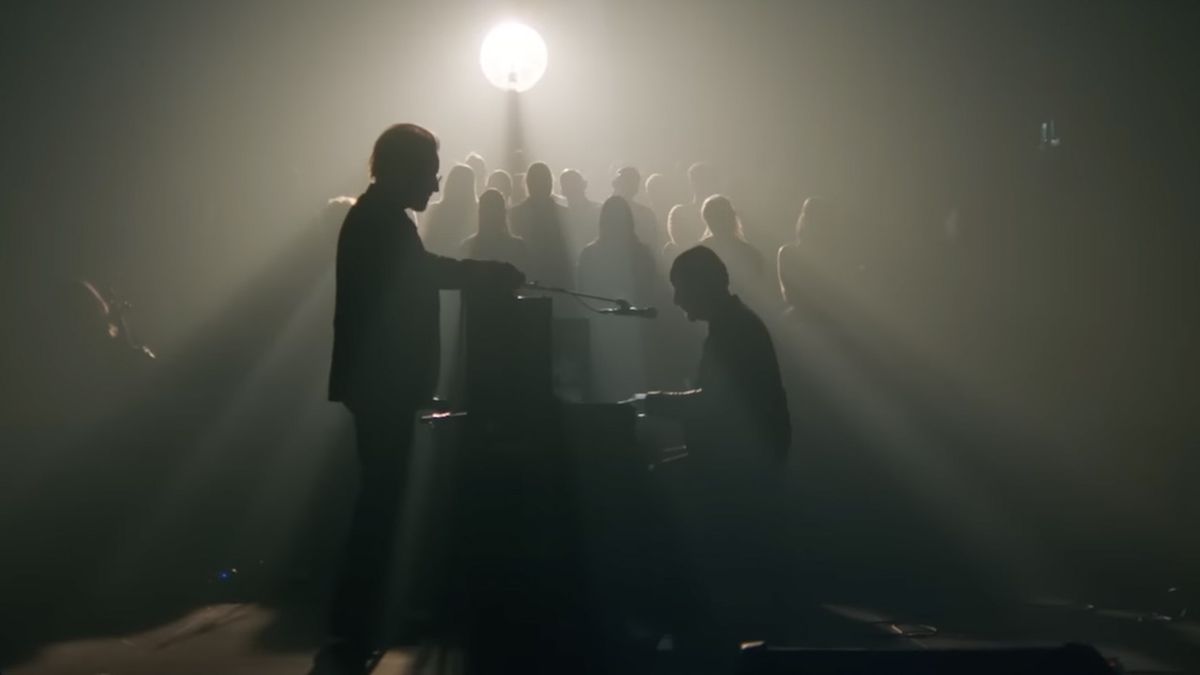
One of the most convincing covers I've heard in a long time. Simply lovely, and so evocative with the video. Her tribute to both Debbie Harry and a youth spent in the great north.

I remain cautiously optimistic. I think if we can move beyond the anxiety and dread and despair, there is a promise of something shifting not just culturally, but spiritually, too. I feel that potential in the air, or maybe a sort of subterranean undertow of concern and connectivity, a radical and collective move towards a more empathetic and enhanced existence.
It does seem possible — even against the criminal incompetence of our governments, the planet’s ailing health, the divisiveness that exists everywhere, the shocking lack of mercy and forgiveness, where so many people seem to harbour such an irreparable animosity towards the world and each other — even still, I have hope. Collective grief can bring extraordinary change, a kind of conversion of the spirit, and with it a great opportunity. We can seize this opportunity, or we can squander it and let it pass us by. I hope it is the former. I feel there is a readiness for that, despite what we are led to believe. - Nick Cave
WEATHER REPORT

I'm currently sitting in a small side room of my family's cabin in Front Royal, Virginia. The weather can't decide what it wants to do. Just a few minutes ago, the sun was shining, and I watched birds splash in the little stone bath outside my window. Now, fog is creeping up the mountain, enveloping the trees and their fresh spring growth, and a few cold raindrops just smacked my window.
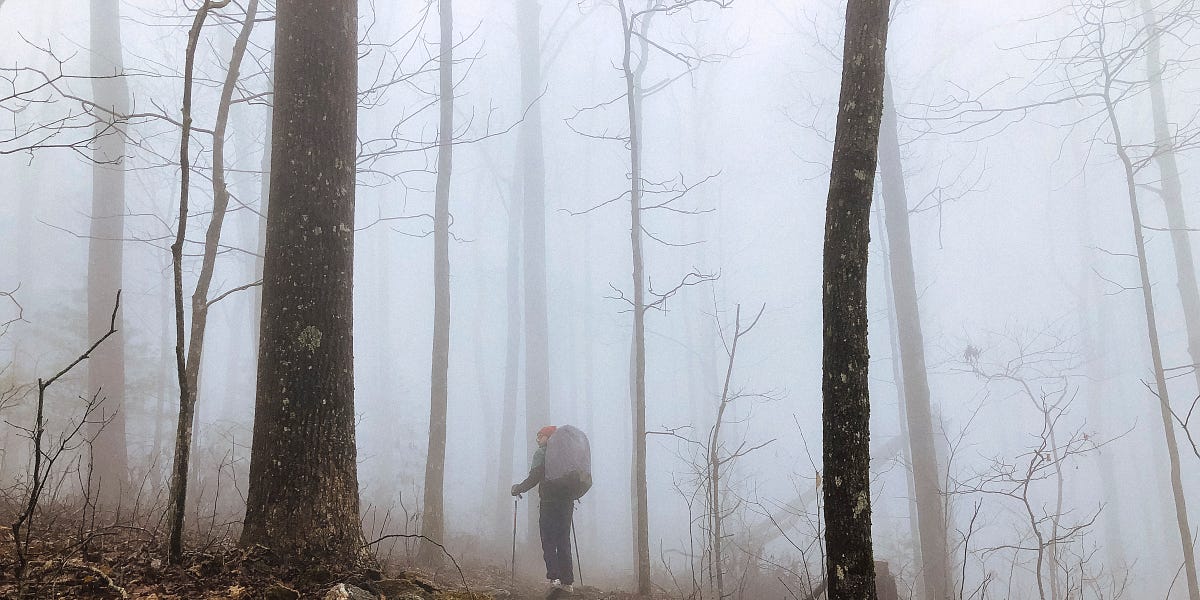
ROUND UP
